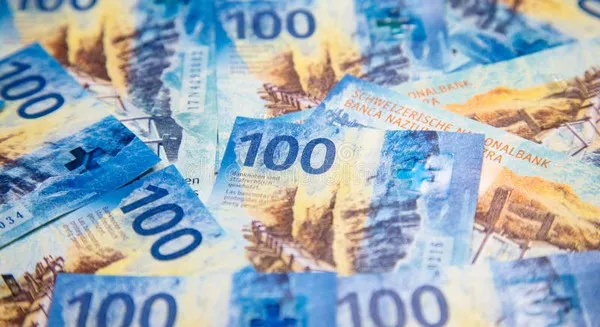Switzerland, a landlocked country in the heart of Europe, is known for its alpine landscapes, precision engineering, and financial prowess. One notable aspect that sets Switzerland apart from its neighboring European countries is its decision to maintain its own currency, the Swiss franc (CHF), rather than adopting the euro. While many European Union member states have embraced the single currency, Switzerland has chosen to remain independent. This article explores the historical, economic, and political reasons behind Switzerland’s decision not to use the euro.
Historical Background
Switzerland’s decision to stay outside the eurozone can be traced back to its long-standing tradition of neutrality and independence. The country has maintained a neutral stance since 1815, avoiding involvement in international conflicts. This neutrality has allowed Switzerland to preserve its sovereignty and economic stability. When the euro was introduced in 1999, Switzerland opted not to join the European Union (EU) or adopt the common currency, as it would have required relinquishing a significant degree of control over its monetary policy.
Economic Factors
Switzerland’s robust economy and strong financial sector play a significant role in its decision to retain the Swiss franc. The Swiss economy is characterized by its export-oriented industries, such as pharmaceuticals, machinery, and precision instruments. Having an independent currency allows Switzerland to adjust its exchange rates according to its specific economic needs. By maintaining a flexible exchange rate regime, Switzerland can respond to changes in global market conditions and protect its export competitiveness.
Furthermore, Switzerland’s reputation as a safe haven for investors is closely tied to its independent monetary policy. The Swiss National Bank (SNB) has a mandate to ensure price stability and low inflation, which it achieves through its ability to set interest rates and manage the money supply. By retaining control over its monetary policy, Switzerland can tailor its decisions to address specific domestic economic concerns without being bound by the policies of the European Central Bank (ECB).
Political Considerations
Switzerland’s unique political structure, characterized by its system of direct democracy and federalism, has also influenced its decision to remain outside the eurozone. The Swiss people have a strong tradition of participating in decision-making processes through referendums and popular votes. Joining the EU or adopting the euro would require relinquishing a significant degree of sovereignty and decision-making power.
Additionally, Switzerland’s federalist system grants extensive autonomy to its cantons, which have their own fiscal responsibilities. This decentralized structure allows for tailored economic policies at the regional level, promoting healthy competition and innovation. Adopting the euro would entail harmonization of fiscal policies across all member states, potentially compromising Switzerland’s ability to pursue policies that align with its specific regional needs.
Popular Sentiment
The issue of the euro adoption has been a subject of debate among the Swiss population. While some argue that joining the eurozone would facilitate trade and economic integration with neighboring countries, others express concerns about potential loss of control over monetary policy and erosion of Swiss identity and independence.
Conclusion
Switzerland’s decision to maintain its own currency, the Swiss franc, instead of adopting the euro, stems from a combination of historical, economic, and political factors. The country’s commitment to neutrality and independence, coupled with its export-oriented economy and robust financial sector, has allowed Switzerland to prosper while retaining control over its monetary policy. The political structure, with its strong emphasis on direct democracy and federalism, further reinforces the desire to preserve Swiss sovereignty and regional autonomy.
While the choice to remain outside the eurozone has both advantages and disadvantages, Switzerland continues to navigate its own path, balancing close collaboration with the EU while safeguarding its unique position. The Swiss franc remains a symbol of Switzerland’s economic stability and independence, reflecting the country’s unwavering commitment to its own financial destiny.


